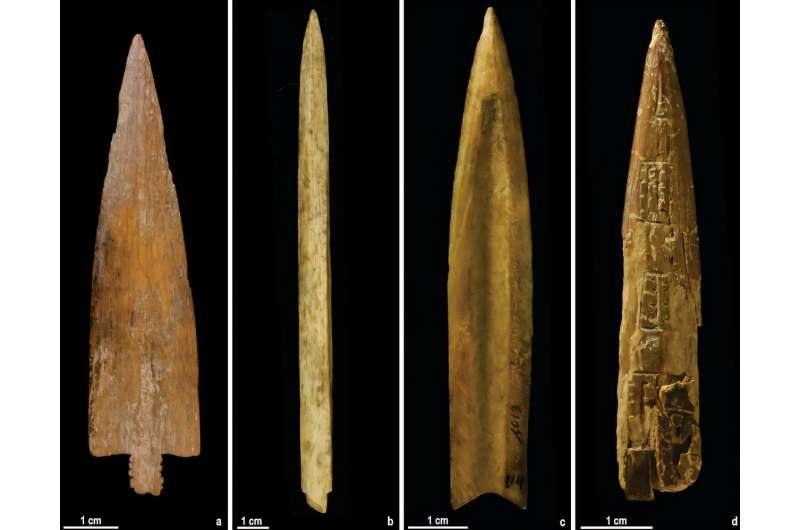Moderna, Inc. has announced a significant milestone in cancer treatment research. On November 3, 2025, the company reported that the first patient has been dosed in a Phase 1/2 clinical trial of mRNA-2808, an investigational mRNA-based T-cell engager (TCE) designed for individuals with relapsed or refractory multiple myeloma (RRMM). The initial dose was administered at the SCRI Oncology Partners facility in Nashville, Tennessee, in collaboration with the Sarah Cannon Research Institute (SCRI).
This innovative treatment is a multiplexed therapy that encodes three distinct TCEs, each targeting validated myeloma-associated antigens. The approach aims to tackle tumor heterogeneity—an ongoing challenge in cancer therapy—by addressing the various mechanisms that lead to target-mediated resistance. Such mechanisms often prevent effective treatment and contribute to disease progression in patients with RRMM.
Trial Goals and Significance
The Phase 1/2 study aims to evaluate the safety, tolerability, and efficacy of mRNA-2808 in participants whose myeloma has either relapsed or is refractory to existing therapies. By utilizing a T-cell engager strategy, Moderna’s approach seeks to enhance the immune response against cancer cells, potentially offering new hope for patients who have limited treatment options.
According to the company’s announcement, this trial represents a pivotal step in exploring mRNA technology’s potential beyond infectious diseases. Stéphane Bancel, CEO of Moderna, stated, “This trial underscores our commitment to harnessing the power of mRNA technology to advance cancer care and address unmet medical needs.”
The study will enroll patients across multiple sites, with a focus on determining the optimal dosing regimen and understanding how the treatment affects tumor response. The collaboration with SCRI is expected to facilitate efficient patient recruitment and data collection, enhancing the trial’s overall effectiveness.
Future Implications
If successful, mRNA-2808 could mark a significant advancement in the treatment landscape for RRMM. The innovative nature of this therapy exemplifies the ongoing shift towards personalized medicine, particularly in oncology, where tailored approaches are crucial for improving patient outcomes.
As the trial progresses, both patients and the medical community will be closely monitoring the results. Moderna’s efforts in this area reflect a broader trend in cancer research aimed at developing therapies that not only target specific cancer cells but also adapt to the evolving nature of tumors.
The upcoming phases of the study may provide critical insights into the efficacy of mRNA-based therapies in treating complex cancers, paving the way for future advancements in immuno-oncology.







